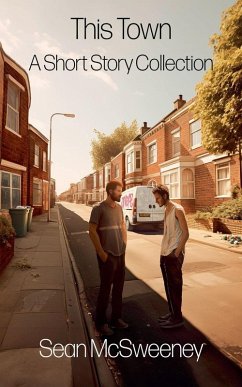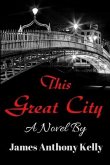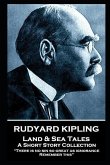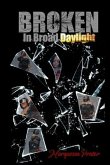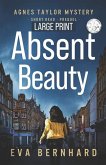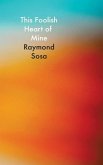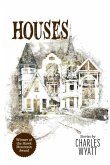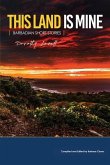This themed collection is set in a fictitious new town. These 'new' (some are seventy years old now) settlements present an accelerated version of certain social developments in modern Britain; to examine them is to understand what we are becoming. Today it would be possible for a person to be parachuted in blindfold to any such development and not know which part of the country they were in, nor whether they were in one of the new towns or in a more recent estate in an old town. The first and last stories ('Neil' and 'Deborah'), first-person accounts, are linked reminiscences. A boy and girl who attended the same primary school never see each other again after the 11-plus separates them. The other stories, set in various recent decades, explore new and old cultures, and general themes of society through various narratives. In 'Another Bit Gone', an unsettling experience means a worker in a printing unit on the outskirts of the town can no longer feel free to do as he wishes in his lunch break. In 'How to Feel Stupid', a day full of small humiliations for the protagonist, who has limited access to his son, is capped by an unpleasant shock when he tries to help a victim of violence. 'Matthew (not Matt) and Andrew (not Andy)' concerns two young professionals working in the newly built science park and their awareness of their social distance from the old town inhabitants. 'First Day Out' is essentially a portrait of a young man, hard-nosed and resilient, who is very much at home in both the new and old environments of the town. 'The Same Soil' is the longest of the stories, the most contemplative and most discursive, and is the heart of the collection. The 1970s childhood and adolescence of George Court coincide with the development of his home town as a satellite settlement for London's overspill population. This period of his life is largely portrayed through his relationship with his grandparents. While he is able to take the changes in his environment in his stride, for them it is a more difficult matter. We then meet him in the early 21st century, an established academic in his chosen field of ecclesiastical architecture, returning briefly to his home town. The cemetery in which he sits while eating his packed lunch backs onto the house in which his grandparents used to live. Here is the link to the narrative that is the core of the story. As his grandmother approached her death (when George was sixteen), she was particularly distressed to learn that there were to be no more burials in this cemetery, which had housed the coffins of her family members. Moreover, the purchase of a plot by her husband and herself was not to be honoured. Instead they would be offered an alternative site in the proposed cemetery in the new town. However, relatives, friends and officials have other ideas. The chronological sweep of the story allows several themes to be explored: dislocation; identification with place and tradition; the inevitability of miscegenation, social and geographical mobility, and change; immigration and notions of racial purity; and, less seriously, the misunderstandings to which childhood and youth are prone.
Hinweis: Dieser Artikel kann nur an eine deutsche Lieferadresse ausgeliefert werden.
Hinweis: Dieser Artikel kann nur an eine deutsche Lieferadresse ausgeliefert werden.

